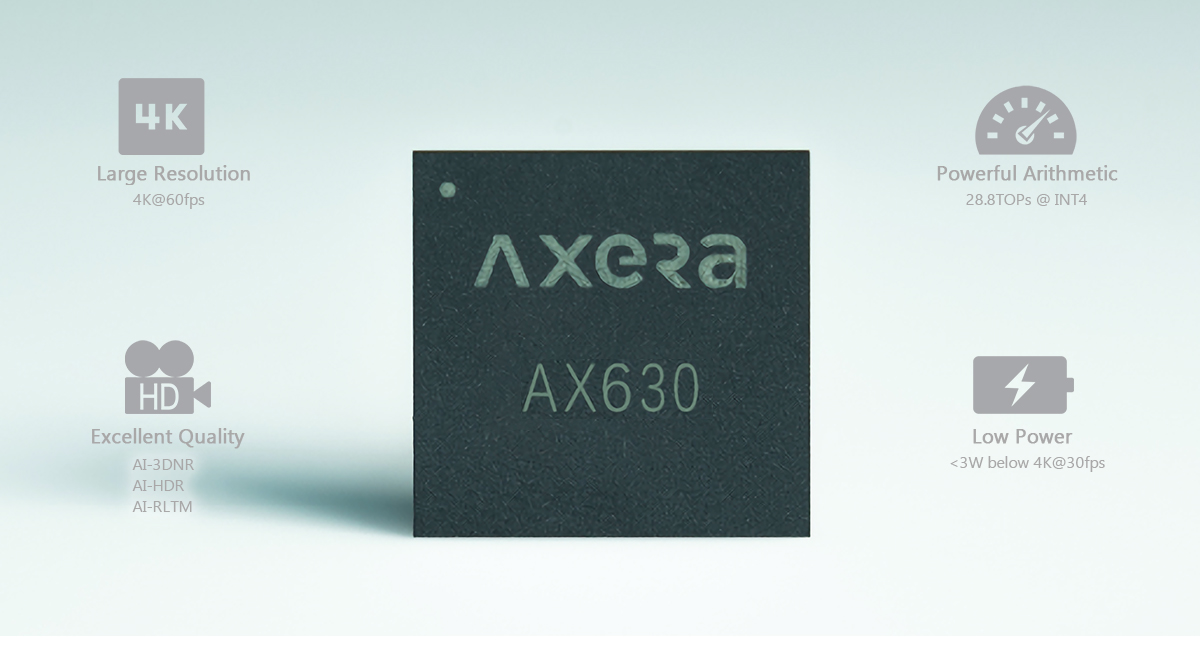OpenAI CEO Sam Altman's plan for identity verification is raising serious questions about biometric privacy and the options companies pursue to replace easy-to-guess passwords.
Driving the news: Worldcoin, a crypto project co-founded by Altman, debuted its highly anticipated, years-in-the-making World ID verification program last week. It heavily relies on iris scans as proof of identity. Face Detection Machine

Why it matters: As companies increasingly incorporate generative AI into their products, developers are seeking ways to get ahead of the identity theft and online scams the emerging technology is already proliferating.
Zoom out: Founded in 2020, Worldcoin consists of three parts: the ID verification protocol, a soon-to-be released worldcoin token and a crypto wallet app.
How it works: World ID takes the idea of collecting a user's biometric data to a new — and possibly extreme — level.
The big picture: Biometrics has become one of developers' go-to replacements for insecure passwords since it's difficult for malicious actors to replicate someone's fingerprint or face.
Between the lines: World ID doesn't require any additional personal information, such as someone's name or email address, Tiago Sada, head of product at Worldcoin parent company Tools for Humanity, told Axios.
Yes, but: Collecting biometric data, even if it isn't saved, is still a risky business, privacy and surveillance experts warn.

Bluetooth Biometric Device Sign up for Axios’ cybersecurity newsletter Codebook here